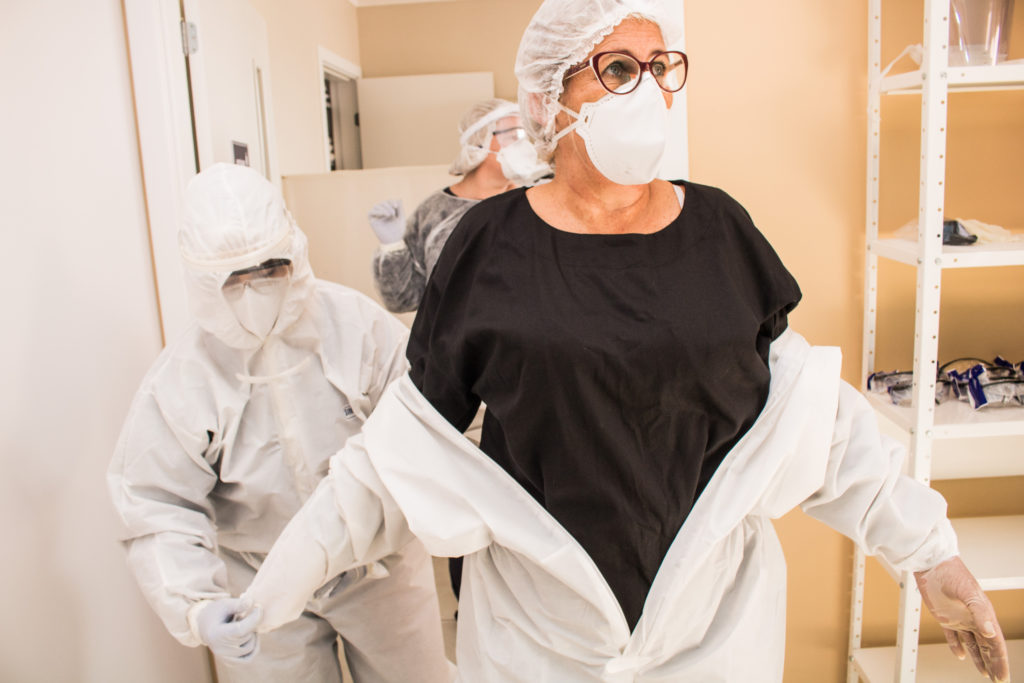- Survey
- Insider Industry Info
- Agriculture
- Arts and Design
- Business Support
- College
- Education and Training
- Entrepreneurship
- Banking and Finance
- Government
- Healthcare
- Holistic Development
- Hospitality and Tourism
- Human Services
- Law, Public Safety, Corrections, and Security Careers
- Manufacturing
- Marketing
- Military Careers
- Sales Career Information
- Technology
- Trades
- Transportation, Distribution, and Logistics
- Survey
- Insider Industry Info
- Agriculture
- Arts and Design
- Business Support
- College
- Education and Training
- Entrepreneurship
- Banking and Finance
- Government
- Healthcare
- Holistic Development
- Hospitality and Tourism
- Human Services
- Law, Public Safety, Corrections, and Security Careers
- Manufacturing
- Marketing
- Military Careers
- Sales Career Information
- Technology
- Trades
- Transportation, Distribution, and Logistics
Healthcare
- Home
- Healthcare
What is Healthcare?
Healthcare is a universal industry. All people come into contact with a doctor, a nurse, or health professional in some context. The general consensus is that healthcare careers require extensive and difficult educational programs; however, there are far more healthcare career paths than just nurses or doctors. Most healthcare careers require skill and training, but there are some careers in the medical field without degrees or extensive schooling.
Why we love Healthcare Career Paths
The healthcare industry is laden with plentiful jobs, expansion, diverse work schedules, and good wages. Some jobs are people-oriented, while others are far more technical. Healthcare career paths can involve high-tech devices, diverse settings, and a variety of roles.
Healthcare jobs can also act as good stepping stone careers. With the substantial wages and unique schedules, many workers will take on some less restrictive healthcare jobs to carry them through school or as they work through a certificate program. For example, EMTs require a certification program, but its relatively inexpensive compared to many other certification programs.


Different Careers in the Medical Field without Degrees
Becoming a Certified Nursing Assistant (CNA) has a low barrier to entry and can work as an introduction to becoming a healthcare professional. CNA requirements differ from state to state, but most require a certificate from a training program and a number of hands-on hours of clinical work to get licensed. Explore this page to find out what the requirements are for your state.
In addition to assistants and other professionals, healthcare organizations need organized people to help maintain the business side of their work. Some organizations, like hospitals, require administrators to have nursing experience. Others may need recruiters, HR representatives, and assistants to run the backend of the work. Many private companies need a large number of salespeople to help sell medical devices and technology to hospitals and clinics.
Though many healthcare career paths are patient-facing, technicians work behind the scenes on the equipment other healthcare professionals use. Below is information on some specialized healthcare technicians including their role, average salaries, and certification requirements. There are many, many more technician roles than these three, so for a more comprehensive list see here.
Cardiovascular Technician or Technologist – Assist physicians in diagnosing and treating heart and blood vessel problems. Average salary of $57,250. Requires at least a 2-year Associate’s Degree. Any school attended should be certified by the Commission on Accreditation of Allied Health Programs. May require a license attained through a state-approved organization, like the American Society of Radiologic Technologists
Dental technician – Construct appliances such as bridges, crowns, and dentures. Average salary of $41,990. Some employers require only a high school diploma, others want a 2-year associate’s degree in dental technology. Not all technicians are licensed, though attaining a license is possible through the National Board for Certification in Dental Laboratory Technology
Histotechnician or Histotechnologist – Prepare tissue samples from humans plants or animals. Median salary of $51,770. Technicians require an Associate’s, Technologists require a Bachelor’s. Courses must be certified by the National Accrediting Agency for Clinical Laboratory Sciences. Some states require licensing through the American Society for Clinical Pathology
Healthcare Sub-Categories
Nursing
Home Healthcare
Elder Care
Hospice
Alternative Healing
Dental
Emergency Services
Funeral Services
Surgical Technologist
Massage

